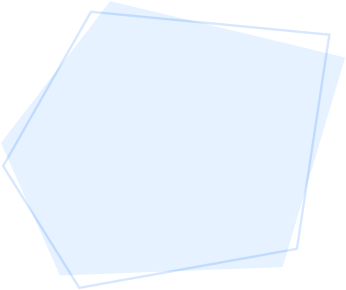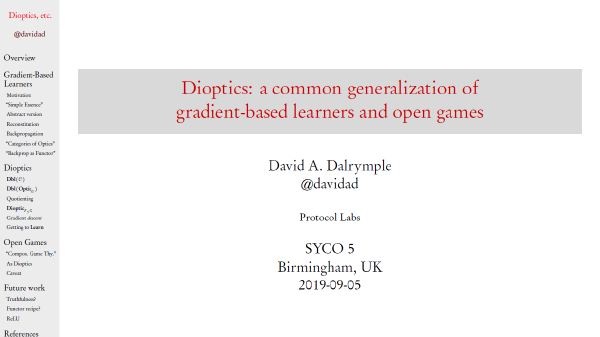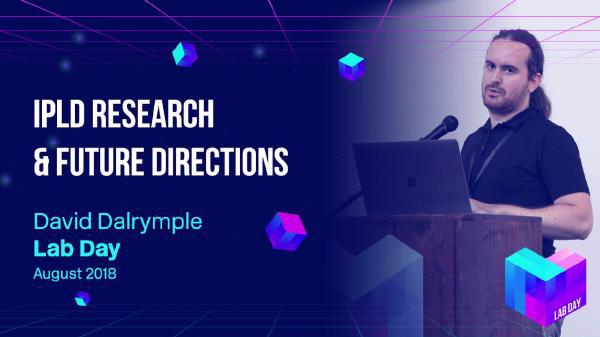Davidad studied computer architecture and programming languages at MIT, then biophysics and neuroinformatics at Harvard. He led an international collaboration to employ new methods to interrogate the smallest nervous system in nature (that of the worm Caenorhabditis elegans), funded by personal grants from Google cofounder Larry Page and PayPal cofounder Peter Thiel, which resulted in a publication in Nature Methods. He has also worked in machine learning and software performance engineering at major tech companies and startups. Davidad is one of the co-inventors of Filecoin, but now focuses primarily on longer-term research; he is a frequent visitor to Oxford’s Future of Humanity Institute and the Machine Intelligence Research Institute on questions around the beneficial development of artificial superintelligence. Davidad currently sits on the Industrial Advisory Board of the University of Birmingham’s School of Computer Science, and a joint China-U.S.-Australia AI governance panel.



